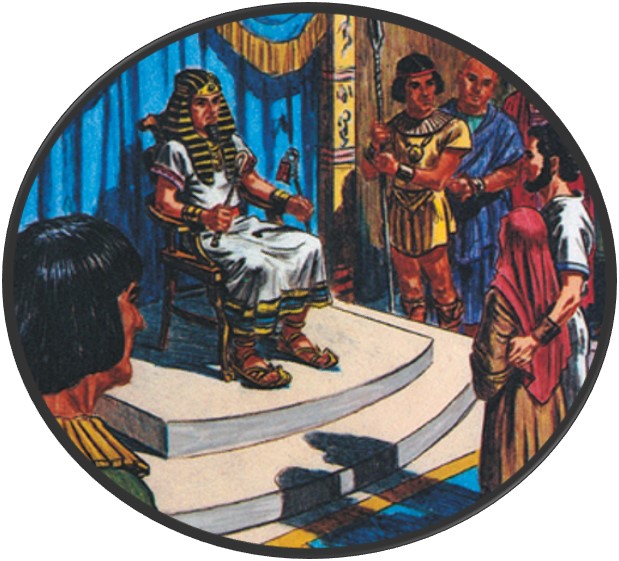Punishing Abraham, Isaac and Jacob

A question came up in our recent Bible studies “why did God not punish Abraham or Isaac when they intentionally deceived rulers about their spouses (Gen 12, Gen 20, Gen 26) or Jacob for deceiving his own father (Gen 27)? These people seem to prosper in spite of their actions, and never seem to suffer any ill effects of their actions. This blog examines sin and its consequences through the lens of these persons.
We know God is capable of punishing sin directly. God often states, either directly, or through prophets, what the punishment for sin will be. There are many examples, but we will note a few. Due to Moses’s disobedience God tells him that he will never lead the same people he had lead for over forty years into the land promised to Israel. (Numbers 20:12) Because of his sin with Bathsheba, Nathan tells David that his wives will be openly unfaithful and his son will die. (2 Samuel 12:11-14) God strikes Ananias and Sapphira dead for mispresenting themselves. (Acts 5:1-11)
Why does God not do the same thing with Abraham, Isaac and Jacob (and many other). As we have seen God is more than capable of doing whatever He wants. Is God just letting them get a “free pass?”
On one level, we innately realize that people do seem to “get away” with sin. There is no question that on this earth, laws are different in many places, what is legal in one place may not be in another. Still, even where things are illegal, people often seem to commit illegal acts and never “get caught.” Finally, and perhaps most importantly, what is “legal” does not always line up with things we know are right anyway.
There is even a popular hymn called “Farther Along” (also often referred to by its first words, “Tempted and Tried) which essentially expresses the notion that some people seem to commit acts that we would consider immoral and not suffer any punishment for them in this life. The song further comforts us with the notion that “we will understand it, all by and by” – implying that in heaven we will finally see justice done.
Remember that all of us do things we are not proud of, or that we should not do. None of us (except Jesus) have lived perfect lives. (Romans 3:23) This fact does not give any of us a license to sin freely knowing that we can “skate by on grace.” In fact, Paul warns us against this very thing (Romans 6:1-2). God searches the heart (Jeremiah 17:10), and is not to be mocked (Galatians 6:7).
But wait, even though people like Abraham, Isaac, and Jacob may have committed these acts of deception and will certainly have to answer for them, they almost certainly will go to heaven anyway. In fact Jesus uses Abraham as a metaphor for heaven. (Luke 16:22) So we seem to be back to the “free pass” question.
Even though they may not be visible to us on this earth, there are consequences to sin. The persons referenced above bear this out. Sometimes we tend to discount them, but a careful reading of the stories of Abraham, Isaac, and Jacob bear this out. Abraham and Isaac were all men of great stature leading a lot of people. It must have been embarrassing and publicly humiliating for them to have been “called out” for their deceit by Pharaoh and the Abimelechs, especially knowing their deceit had caused others to suffer (Genesis 12:18-19, Genesis 20:8-10, Genesis 26:8-9). After Jacob deceived Isaac, he had to flee for his life, and was far away from home for almost two decades and likely never sees his mother and father again (Genesis 27-33).
There is a very real point to all these stories. While we may think there are some who never suffer the consequences of sin, we do not always know what they are. There are two things that are certain. First, when we are concerned with the sins of others, we are not focused on ourselves and our own sin. (Matthew 7:3) Second, while God has no need to explain Himself, we should not be so quick to read Bible stories and assume that there is no explicit consequence for sin. There usually is, and it is usually recorded.